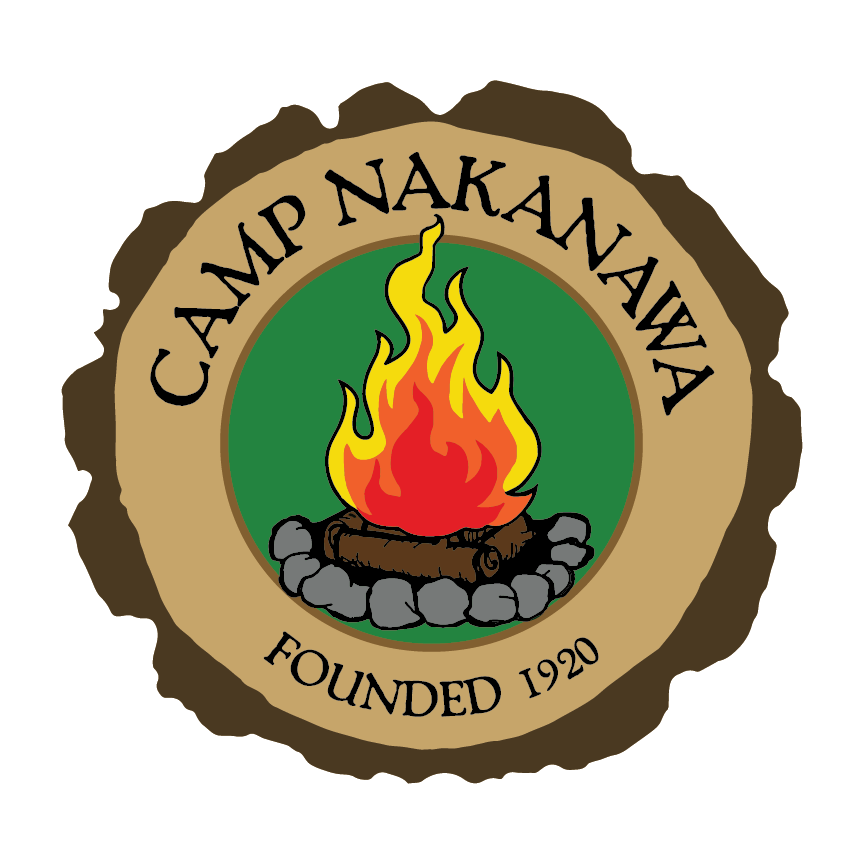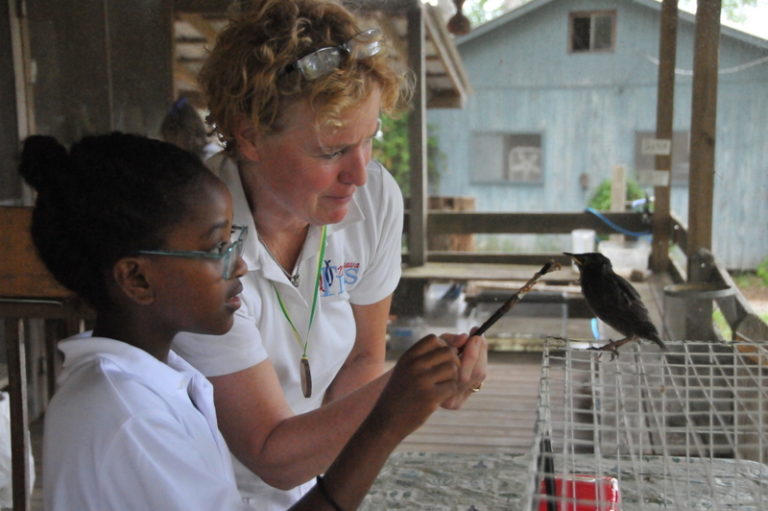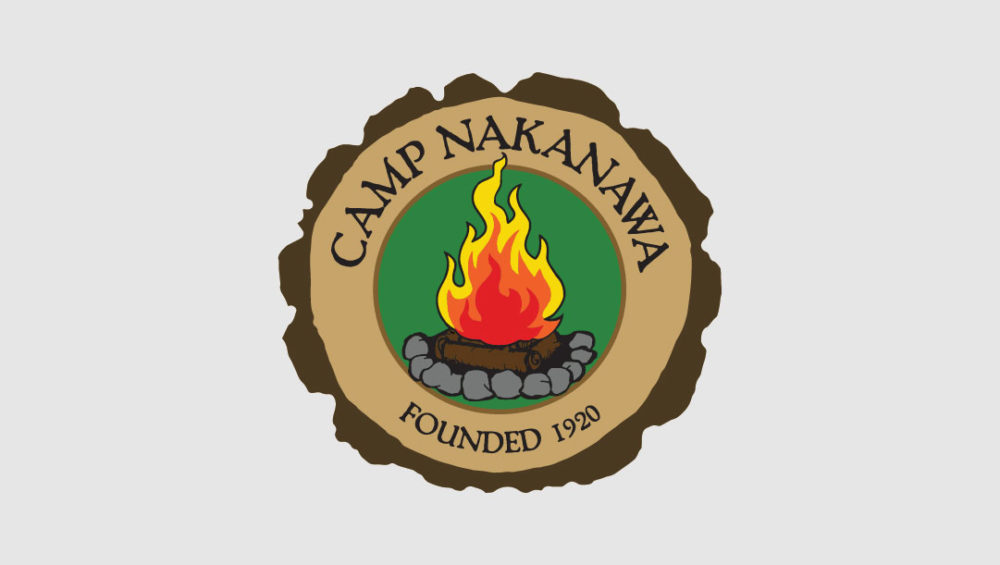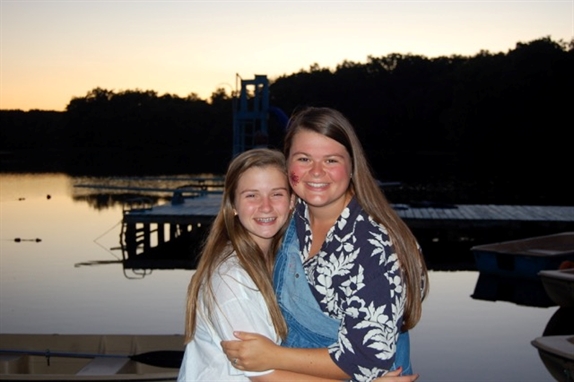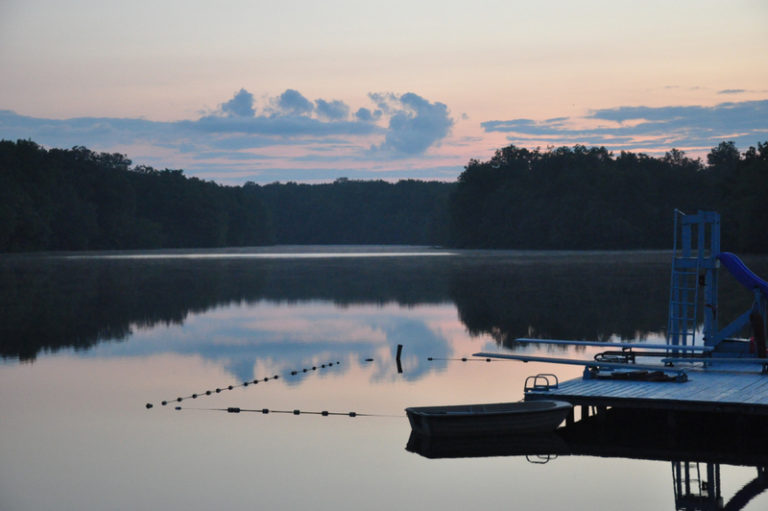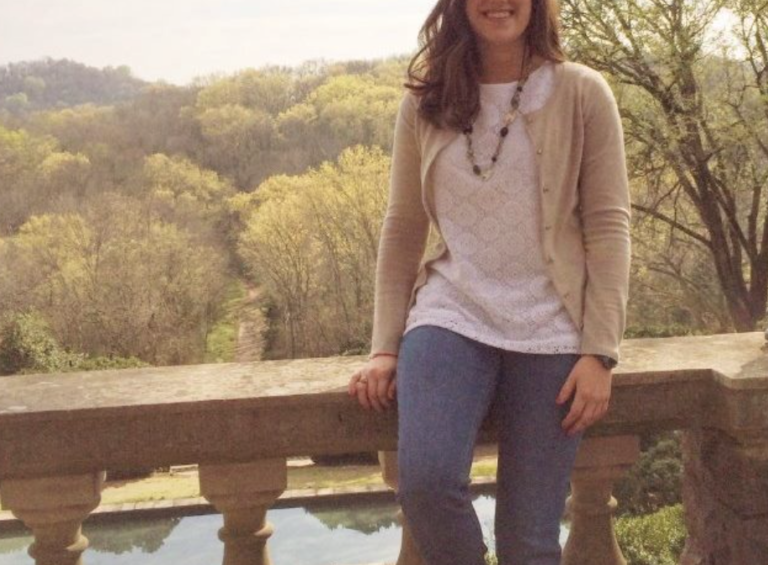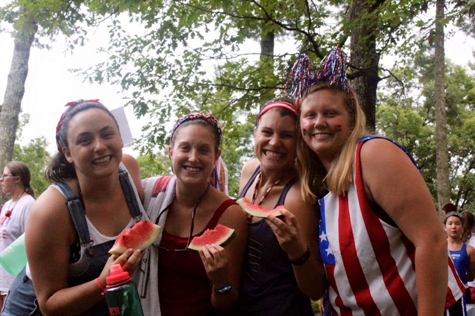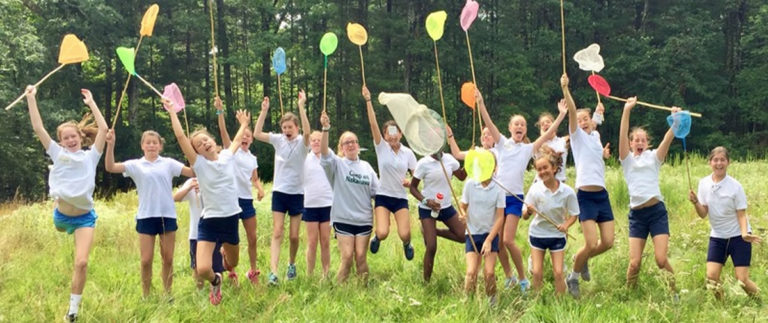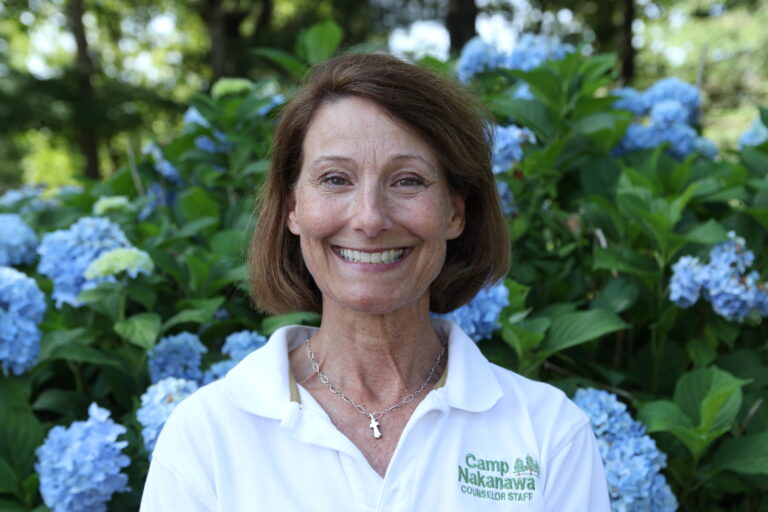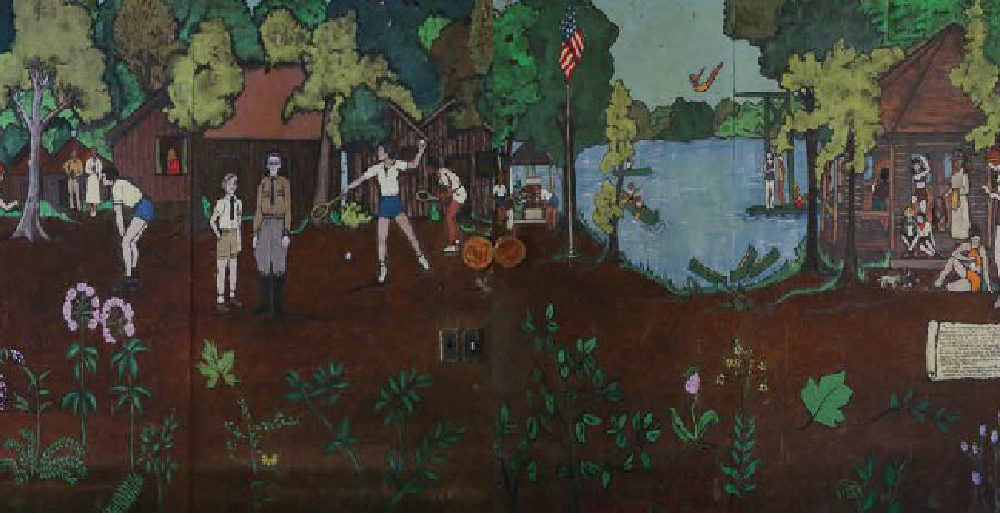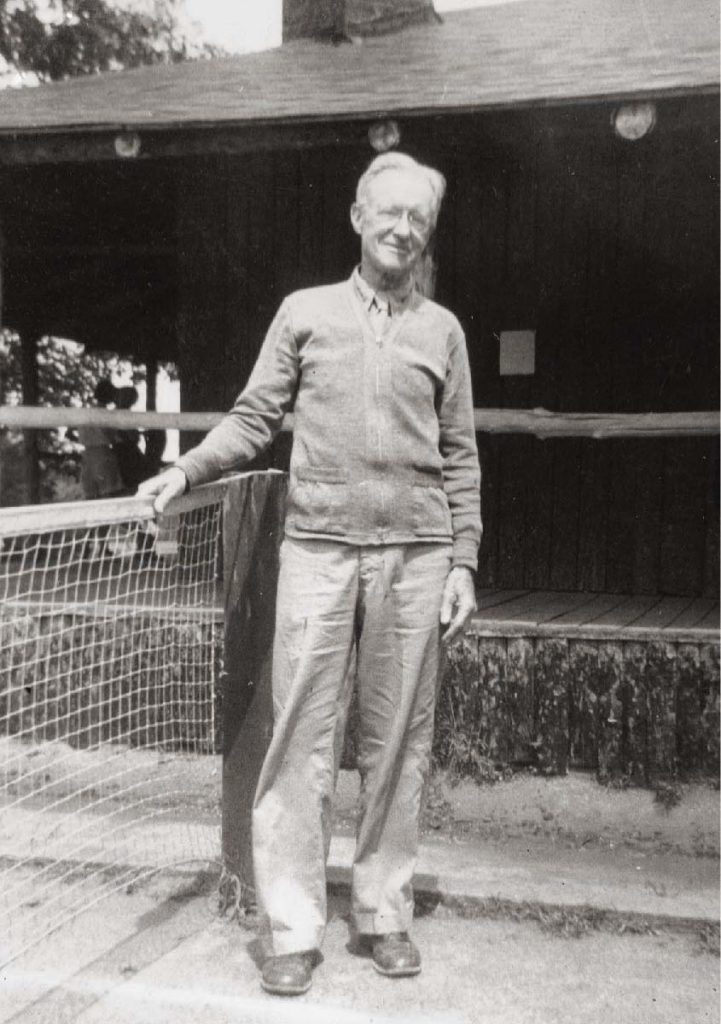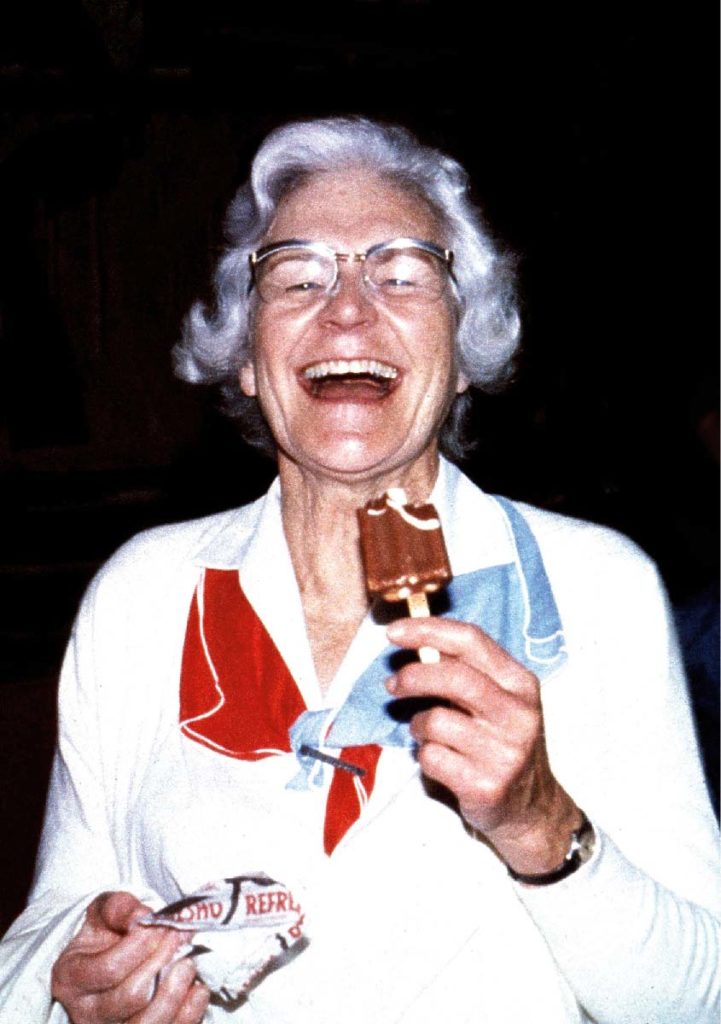• What the heck is “devotions?”
Devotions are simply activities that you plan for your cabin each night to help them wind down before going to bed. They can be very deep and filled with a lot of meaning, or something fun yet quiet that can get your bunkies’ calm before getting in their bunks!
• Why do we do devotions?
We do devotions so that each girl can talk about her day and be heard by their counselor and fellow bunkies. Each cabin has a different dynamic, and every camper has a different personality, so it is really easy for certain girls to be overlooked during their classes. If someone has a quiet voice and is easy-going, they might not get the chance to talk about their highs and lows of the day like someone who is outgoing and loud.
• How do I get the kids to calm down so I can do devotions?
It really depends on the age group, because younger girls are going to be more tired after a long day of activities than older girls, but I always make every girl sit in a circle and we wait for everyone to get quiet. There is always one girl who will notice me waiting for everyone to get quiet while holding paper and markers, a beach ball, or whatever we need for the devotion that night. If they don’t quiet down, I usually tell them that we won’t have enough time before lights out if they don’t listen, and that will usually make them calm down.
• Where do we gather together, how do we all be a part of it?
I like to have every girl sitting in a circle on the ground because that way you can see everyone and listen to everyone without skipping over anyone. They can bring pillows, blankets, whatever they want as long as it won’t be a distraction! If you go in a circle when having the girls answer, everyone gets a fair chance to speak, instead of the talkative ones taking over.
• What’s a good routine to set up?
I always love to start with highs and lows. Whether the girls are 10 or 15, I think that everyone should think about their day and what they liked and didn’t like. My rule is that you don’t always have to have a low, but you always have to have a high, even if it’s a favorite meal or something little like that. Once everyone (including yourself) has had a turn, you explain the devotion and start! Also make the rule from the beginning of camp that Devotions will be starting at second “blinks” NO EXCEPTIONS. You have to start at second blinks every night so they know to get back from brushing their teeth or else they will miss out.
• What are some problems you run into?
The biggest problem is probably getting your bunkies back to the cabin by second blinks because there isn’t a lot of time for them to get ready, but that’s when you have to be the facilitator. As a counselor you can always get ready for bed once lights are out, but it might be better to take a trip to Egypt as a cabin if it means that your girls will get their business done in a timely manner.
Another problem is getting them calmed down with enough time to actually do the devotion. There have been times when I might have to finish a devotion in two nights because the girls didn’t settle down with enough time before Taps came around. It’s a little bit disappointing to both you and your bunkies, but it teaches them that it’s important to make times for devotions and that it’s a special time that won’t be rushed.
Nighttime is bedtime, but it’s also time to get homesick. I had a bunkie who was so homesick every night that it was exhausting to try and get her into the circle, let alone get her to participate in the devotion for the night. That’s when you have to go into true counselor mode and advocate for the rest of your cabin. You have to give every bunkie equal attention, and even if someone is homesick you can’t give her a pass on devotions for a night because it will make devotions seem optional, which they are not.
• What if I don’t have anything planned? Do I need to plan?
YES you need a plan! It doesn’t take a long time to plan a devotion, but if you have them planned out for each week early in the summer, it will save you a lot of stress over last minute planning and sloppy devotions. ALWAYS ask experienced counselors for ideas because we have a million of them! After a long evening entertainment when everyone is charging Egypt to brush their teeth is already stressful as a counselor, so don’t add to that stress by trying to plan a devotion at the same time.
• What are some good devotion ideas? For younger girls? For older girls?
A lot of devotions work for every age, like the “toilet paper” devotion. You have a roll of TP and have every girl take as many pieces as they want (usually with a maximum of 10). After everyone has the sheets of toilet paper, they have to say a fact about themselves for every sheet they have. You can also change what they have to say, like what they like about their cabin, what goals they have for camp (big or small), or whatever you think will be fun for them!
For younger girls, it’s harder to get them to think deeper because they haven’t had to think that deeply in their lives, so the more surface level devotions are easier and more enjoyable for them. Reading a book of poems will always intrigue and satisfy them while getting them ready for sleep. Older girls also love reading books or poems, but when your bunkies have had a long day, reading to them will make them feel at home.
One of my favorite devotions as an older camper was the “color” devotion. You get different colored pieces of construction paper (one color for each girl in your cabin) and you ask what POSTIVE personality traits go with each color. Every girl gets to answer for each color, and you write the traits on each color. After you’ve matched the traits with the colors, you then look at the traits and match them to each person in your cabin. Not only will this make each bunkie feel unique and appreciated, but you can also use this for bunkie gifts! One of my counselors made us each a clipboard with our color, traits, and name on it and it was an awesome and personalized gift! I did this last year with one cabin and made them a cardboard letter (their first initial) painted their color with all of the traits written on the back.
There are SO MANY other devotions, so don’t be afraid to ask experienced counselors!
Also, group devotions and devotions with an older counselor are always fun for you and your bunkies!
When it comes to bonding with your cabin, just being in the cabin during downtime goes a long way. If you’re in on their inside jokes, it makes it a lot easier to develop friendships with them. Sometimes it might be easier to go to the CB and clear your head when you have an extra 20 minutes in the day, but your bunkies will definitely miss you if you spend all of your time there. Also it makes a difference to ask each girl individually about what she has been enjoying or not enjoying about camp and then follow up on it. Talk to the other counselors; ask them what they see in their classes, let them know if Susie Camper wants to do well in that class. Make time to talk to each girl as an individual so they can trust you as their counselor and friend.
